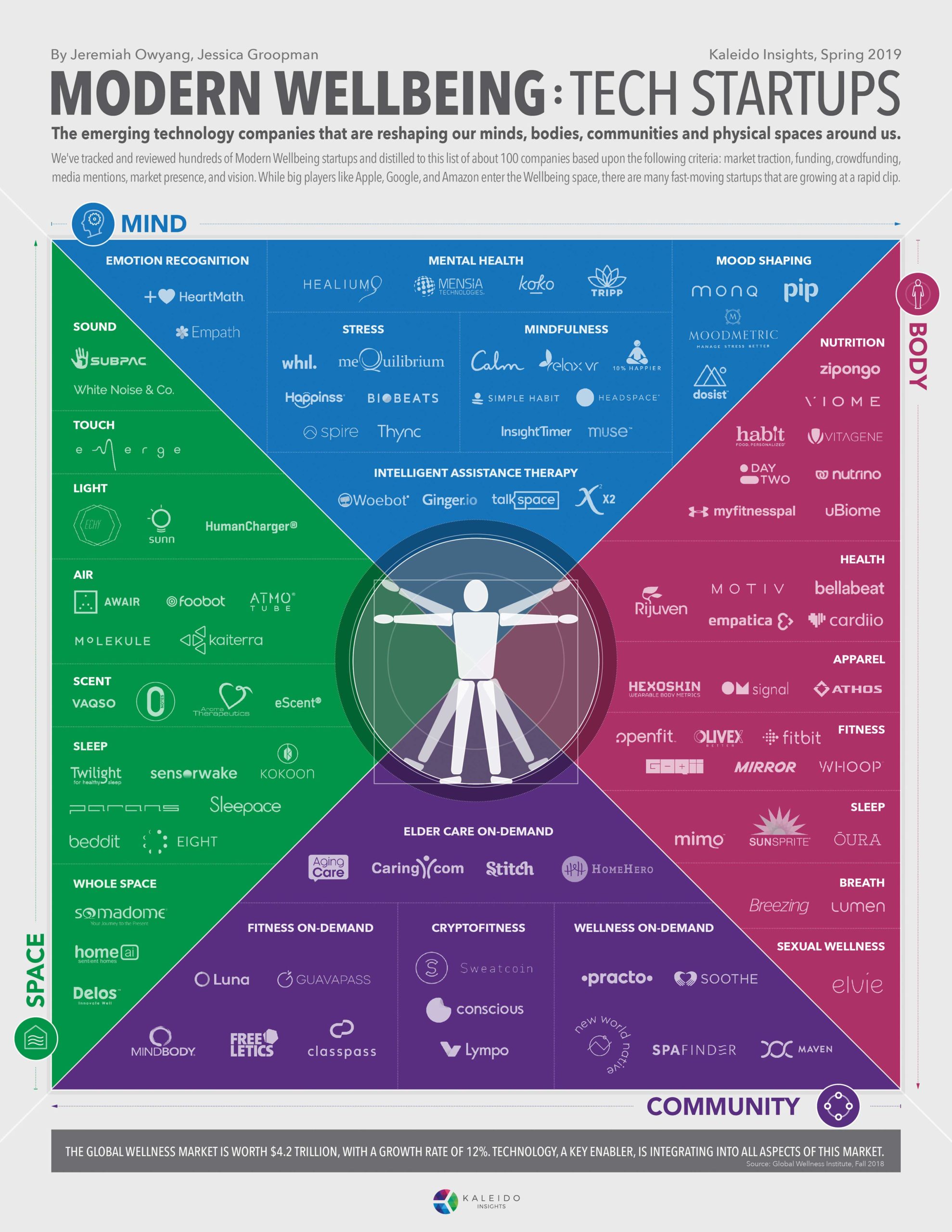By Morf Morford
Tacoma Daily Index
As seems more evident every day, our work, our careers, our education, our skill base and our network all combine, and to a degree most of us would probably not want to consider, all define us and every aspect of our lives from our neighborhoods, career possibilities, circle of friends, who we marry and the schools we attend.
As our career and relationship choices congeal over time, we might, if we cared to think about it, notice that our careers and relationships ripple through our communities.
For better or worse, technology has jump-started the rate of change and impact in just about every way in every arena of life.
Oddly enough, in some of the ways any of us would have expected our daily life to change, say from the 1970s or 1980s, like transportation, education or work, at least in the United States has barely changed.
Like thirty, forty, even fifty years ago, the vast majority of us drive a single-occupant, privately owned, fossil-fuel combustion engine automobile. The size, speed, basic features and capacities (and concerns about traffic, safety and parking) are barely different from a generation ago. (1*)
Many of us, decades ago, assumed that online education – and cyber-commuting – and reduced work-hours – would drastically change the face of school and work routines in the 21st Century.
For whatever set of reasons, for most of us, not a lot has changed. In other aspects, the changes have been dramatic and unmeasurable. Can you imagine life without your smartphone, for example?
Can you think back to those barbaric days before you could order anything you could imagine and have it delivered to your door? Sometimes within hours?
Amazon, without irony (I presume) calls its warehouses “fulfillment centers”.
I’d guess that the core assumption is that their warehouses hold the “fulfillment” of literally any human being’s wishes or wants.
Reluctantly, I’d have to agree.
Amazon has even set in motion a strategy to sell us things even before we know that we want them and knows far more about us than we might imagine – or want them to know. (2*)
Maybe it is just me, but I find the whole set of assumptions more than a bit unnerving.
How do all these technological developments impact our health, our relationships and our communities?
From “tech skull” and “tech neck” to the food we eat, literally nothing is safe from the expansion, if not intrusion of technology. (3*)
When it comes to food, for a variety of reasons, from cost to availability to customer preference and the ever-increasing incidence of food sensitivities, prepare for more and more meat-free meat and dairy-free dairy.
And the kitchen of the (near) future will, for some of us at least, hold a Robo-Chef with 3D printed foods and android arms waiting for your command to prepare dinner for you as you make your way home. (4*)
For a little perspective, take a look at when these sites began and how integrated they have become to your daily life.
Pinterest: 2010
Instagram: 2010
Twitter: 2006
YouTube: 2005
Facebook: 2004
LinkedIn: 2002
Wikipedia: 2001
Google: 1998
Netflix: 1997
Amazon: 1994
My question about each one of them is, how much better, healthier and stronger have they made our lives, relationships and communities?
I think we should ask that question of every development from the combustion engine to ear buds – and certainly from every app, device or program we use on a regular basis.
For example, I use a Fitbit. It monitors my exercise, pulse and sleep patterns – among many other things.
Could we even explain – or justify – our investment and use of such a device to someone a couple of generations back?
Will our many apps, programs and gadgets, a few years from now, seem like a great investment or just another set of whims inspired by clever marketing and blind consumerism?
Even the words we use, from apps to googled, to streamed, memes or emojis, are like a foreign language to previous generations. And maybe even those of the future.
Will those constant beeps and chirps become some of the few enduring background features of our landscapes? Or will we weary of them and long for silence?
Time will tell, of course, but unlike previous generations, our daily data – where we go, what we buy, how much we sit, walk or sleep, even snippets of our conversations – will be out there for all to see, and thanks to all of our apps and devices, there will be much, perhaps too much, to tell.
(1*) And yes, The Jetsons convinced us all that flying cars would certainly be the standard mode of transportation by now.
(2*) http://www.siliconbeat.com/2014/01/20/amazon-knows-what-you-want-before-you-do/ and https://www.makeuseof.com/tag/amazon-privacy-shopping/
(3*) https://time.com/5611036/teenagers-skull-horns/ and https://healthmatters.nyp.org/how-to-prevent-tech-neck/
(4*) https://www.sciencefocus.com/future-technology/the-future-of-food-what-well-eat-in-2028/?









